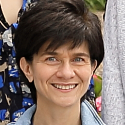
Maria Teresa Landi, M.D., Ph.D.
NCI - ITEB
Senior Advisor for Genomic Epidemiology
Dr. Landi is a Senior Investigator at Integrative Tumor Epidemiology Branch (ITEB), Division of Cancer Epidemiology and Genetics (DCEG). Her research focuses on understanding tumor etiology and evolution for potential translational applications. She leads large-scale multidisciplinary research projects primarily on genetic and environmental determinants of lung cancer and melanoma, including the Sherlock-Lung study.
Maria Teresa Landi's NCI profile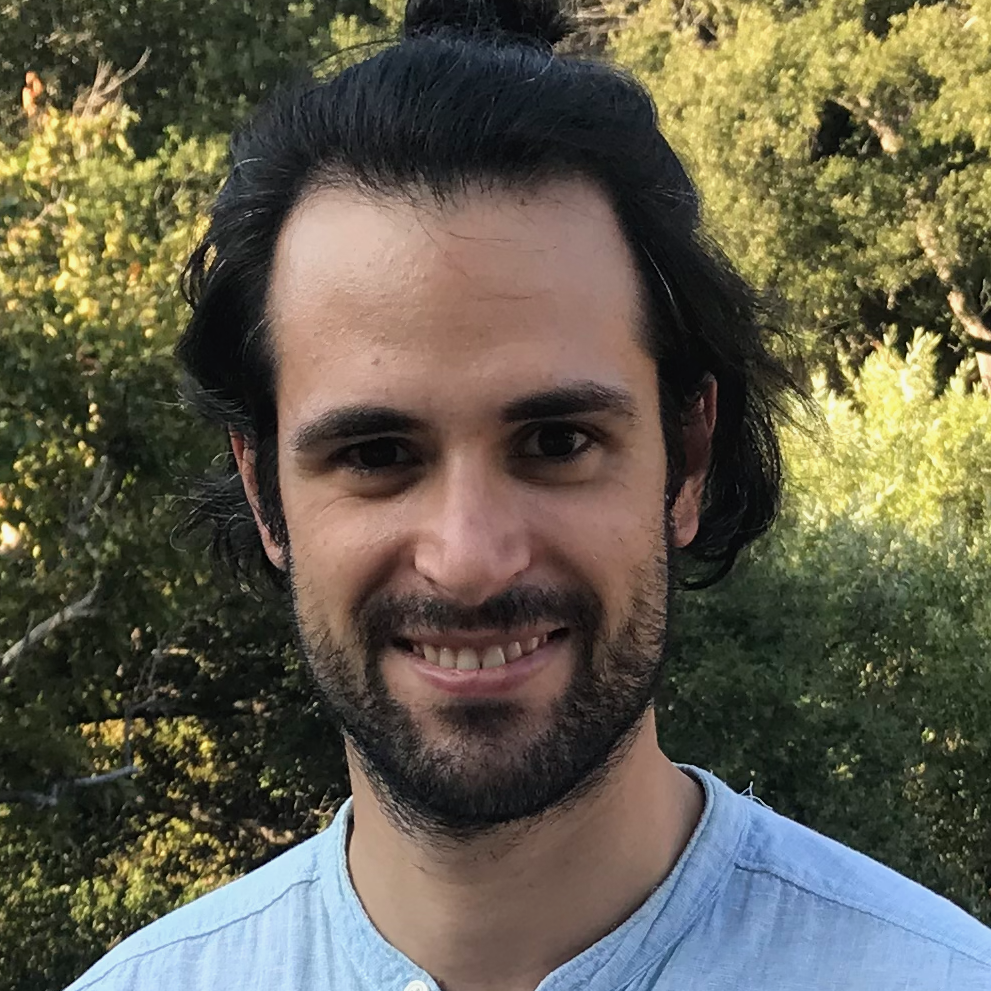
Marcos Díaz-Gay, Ph.D.
UC San Diego – Department of Cellular and Molecular Medicine
Postdoctoral Scholar
Dr. Marcos Díaz-Gay is a postdoctoral scholar in the group of Prof. Ludmil B. Alexandrov at the University of California, San Diego. Originally trained in engineering, he received his Ph.D. in medicine and translational research from the University of Barcelona in 2019, where he developed bioinformatics tools and pipelines for the somatic profiling of familial colorectal cancer. His recent work focuses on the development of computational methods for mutational signature analysis, as well as on the study of the clonal evolution of different tumor types.
Marcos Díaz-Gay's GitHub profile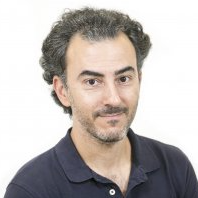
Abel González-Pérez, Ph.D.
Institute for Research in Biomedicine (IRB) Barcelona
Research Associate
Abel González-Pérez obtained his PhD in Bioinformatics from the University of Havana in 2006. He is currently a Research Associate in Núria López-Bigas’ lab at IRB Barcelona. For the past 11 years he has worked on cancer genomics, specifically on applying bioinformatics to the research of molecular mechanisms underlying mutagenesis and tumorigenesis.
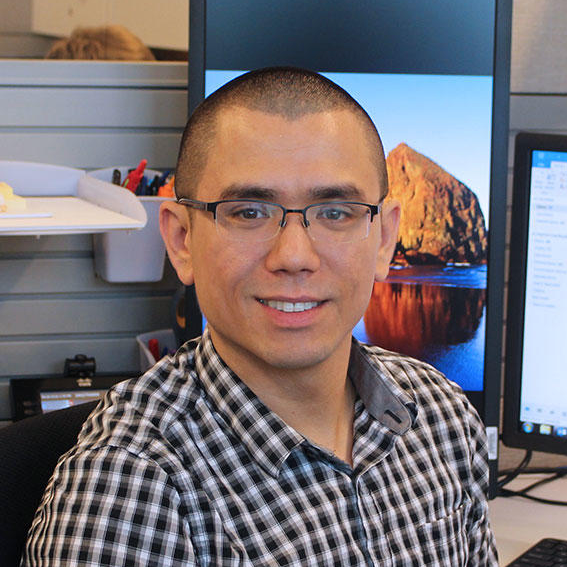
Stephen Hartley, Ph.D.
NCI - LGS
Staff Scientist
Dr. Hartley earned a Ph.D. in biostatistics from Boston University in 2012 after receiving his B.A. in computer science at Wesleyan University. During his postdoctoral fellowship at NIH-NHGRI, Dr. Hartley designed and developed QoRTs, an RNA-Seq quality control, visualization, and data processing toolkit and JunctionSeq for identifying, assessing, and visualizing differential exon and splice junction usage in RNA-Seq data. In September 2016, he joined the DCEG Human Genetics Program as a staff scientist and joined the Laboratory of Genetic Susceptibility in October 2020.
Stephen Hartley's NCI profile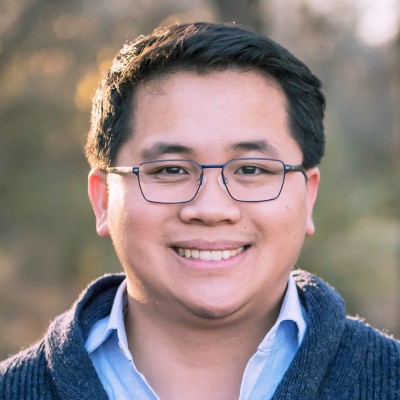
Phuc Hoang, Ph.D.
NCI - ITEB
Bioinformatician
Dr. Phuc Hoang received his Master in Biochemistry from the University of Oxford and Ph.D. in cancer genetics/bioinformatics from The Institute of Cancer Research, London in 2020. He is currently working on analyzing DNA methylation and Radiology data in the Sherlock-Lung project.
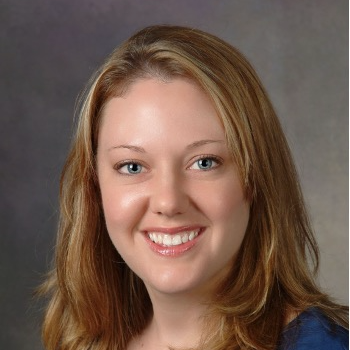
Kristie Jones
NCI - CGR
Genomics Manager
Kristie Jones is the Manager of the Genomics Laboratory for the Cancer Genomics Research Laboratory (CGR), operated by Leidos Biomedical Research, Inc. for the Division of Cancer Epidemiology and Genetics (DCEG), National Cancer Institute (NCI). She has expertise in many sequencing and genotyping technologies, including 15 years’ experience in the field of Next Generation Sequencing. Areas of focus include NGS project planning and wet lab optimization, as well as primary analysis of both long read and short read NGS data.
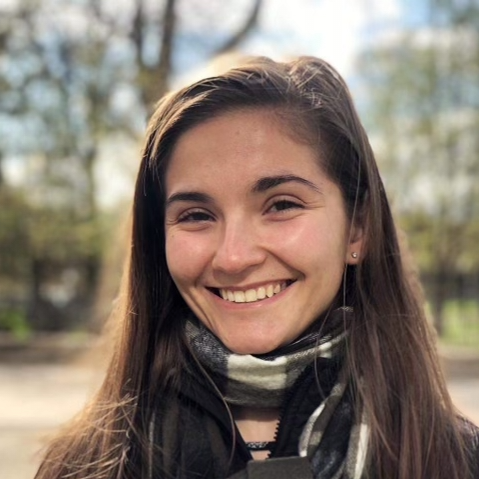
Mariya Kazachkova
UC San Diego – Department of Cellular and Molecular Medicine
Ph.D. Student
Mariya Kazachkova is a Ph.D. student in the lab of Dr. Ludmil B. Alexandrov at the University of California San Diego. Prior to graduate school, she was a member of the Cancer Data Science team at the Broad Institute where she worked with CRISPR screening data from Project Achilles. Her current work is focused on understanding clonal evolution in Barrett’s esophagus.
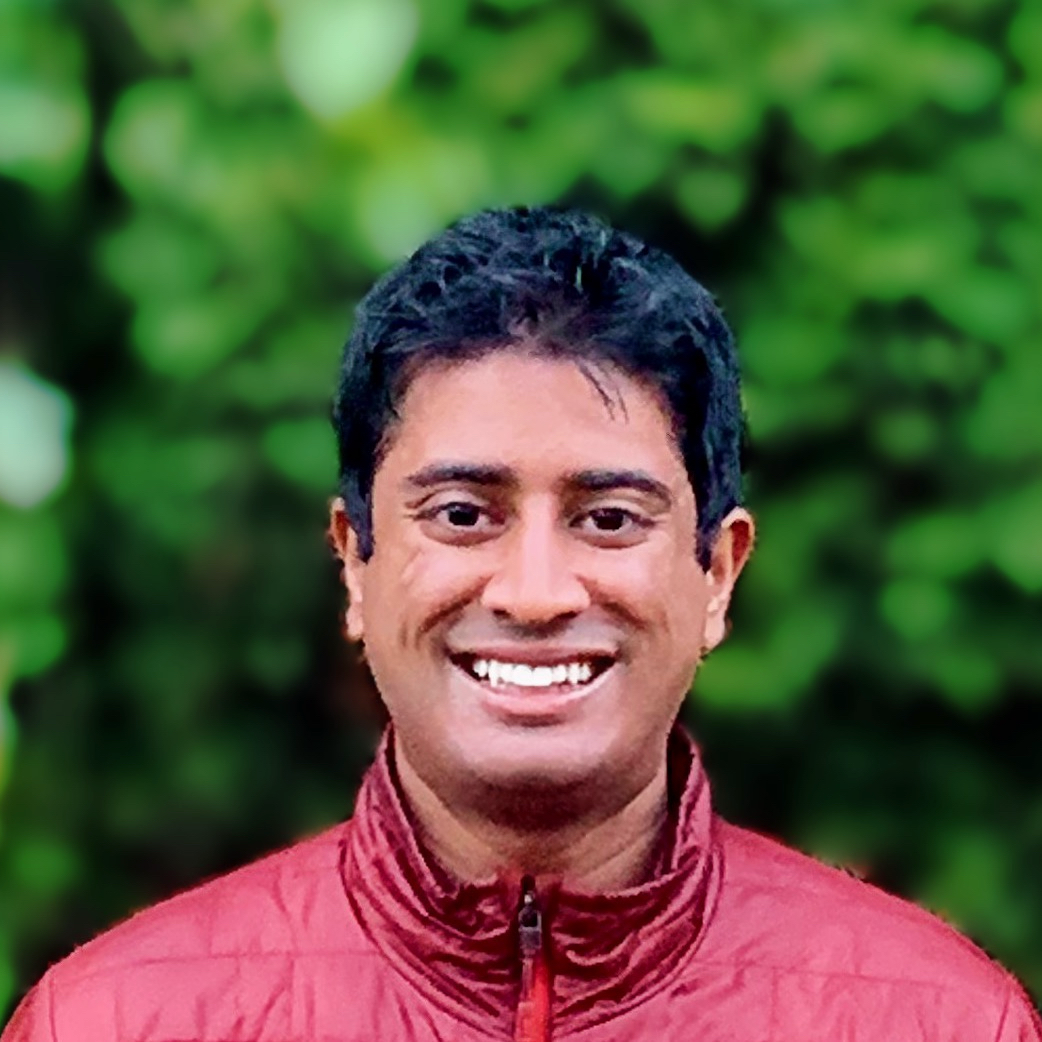
Azhar Khandekar
NCI - ITEB
Ph.D. Student
Azhar is working on his dissertation research in bioinformatics and systems biology under the supervision of Maria Teresa Landi, M.D., Ph.D., and Ludmil Alexandrov, Ph.D., at the University of California San Diego. He is interested in integrating large-scale omics datasets to ultimately elucidate the biological mechanisms that drive cancer formation and progression, with a particular focus on structural variants, copy number alterations and extrachromosomal DNA.
Azhar Khandekar's NCI profile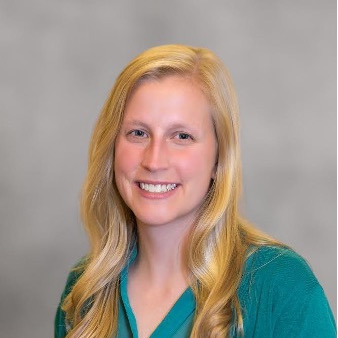
Alyssa Klein, M.S.
NCI - ITEB
Bioinformatician
Alyssa Klein received her M.S. in Bioinformatics from Hood College in 2020. She works as a bioinformatician to support the Integrative Tumor Epidemiology Branch (ITEB), helping to manage and analyze large genomic databases from epidemiological and clinical studies.
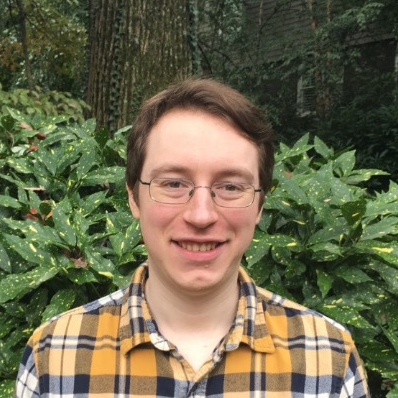
John McElderry, M.S.
NCI - ITEB
Bioinformatician
John received his M.S. in Bioinformatics from Johns Hopkins University in 2020. He works on the Sherlock-Lung project with a current focus on characterizing the lung microbiome and mitochondrial genome in lung cancer.
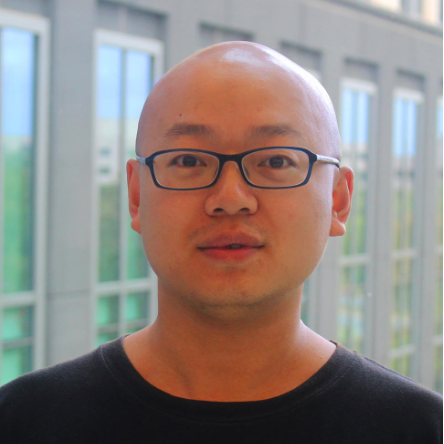
Jian Sang, Ph.D.
NCI - ITEB
Postdoctoral Fellow
Jian Sang, Ph.D., earned his Ph.D. in bioinformatics from the University of the Chinese Academy of Sciences in 2019. Dr. Sang joined ITEB as a postdoctoral fellow in September 2019 to work with Dr. Landi by deep mining whole genome/exome sequencing data as part of Sherlock Lung.
Jian Sang's NCI profile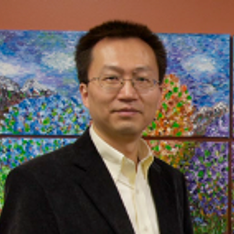
Difei Wang, Ph.D.
NCI - CGR
Bioinformatics Manager
Dr. Difei Wang is the Bioinformatics manager for the Research Analysis Support Group of the Cancer Genomics Research Laboratory (CGR), operated by Leidos Biomedical Research, Inc. for the Division of Cancer Epidemiology and Genetics (DCEG), National Cancer Institute (NCI). He obtained his Ph.D. in Computational Chemistry from the Hong Kong University of Science and Technology. His recent work focuses on analyses of whole transcriptomics, gene fusion, tumor-infiltrating immune cells, mutational signature, GWAS and polygenic risk score, spatial genomics, single-cell sequencing, and PacBio long reads sequencing.
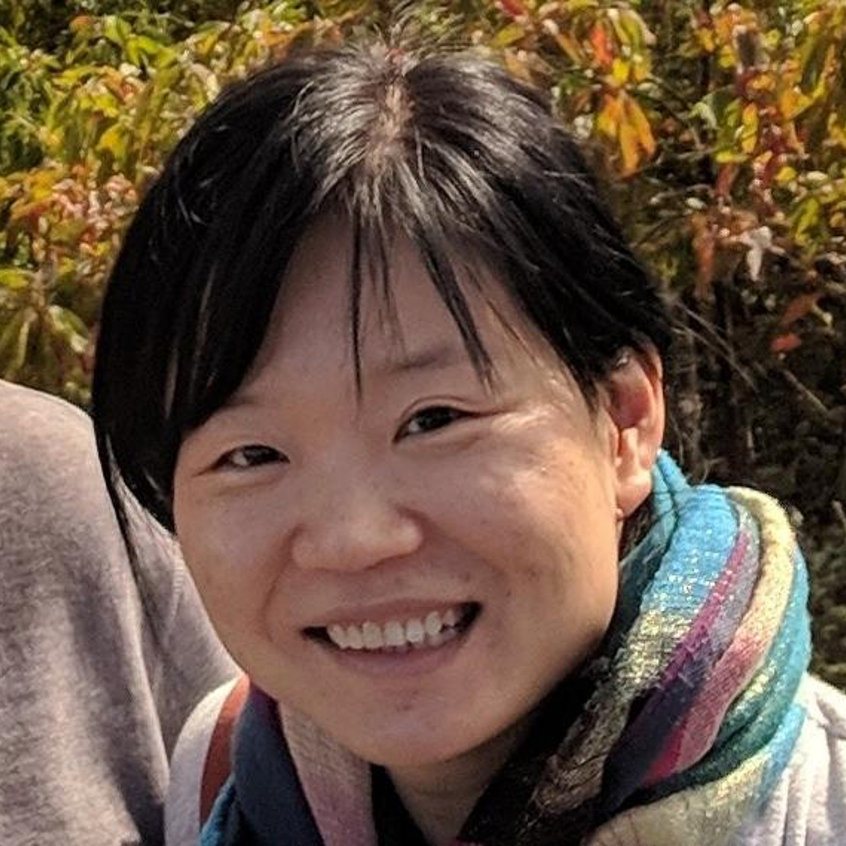
Wendy Wong, Ph.D.
NCI - TDRP
Senior Biomedical Research Scientist
Dr. Wendy Wong received her M.S. and Ph.D. in biometry (biological statistics) from Cornell University, where she developed statistical models of the processes of molecular evolution using sequence data. She has a B.S. in genetics, bacteriology, mathematics, computer sciences and statistics from the University of Wisconsin - Madison.
Wendy Wong's NCI profile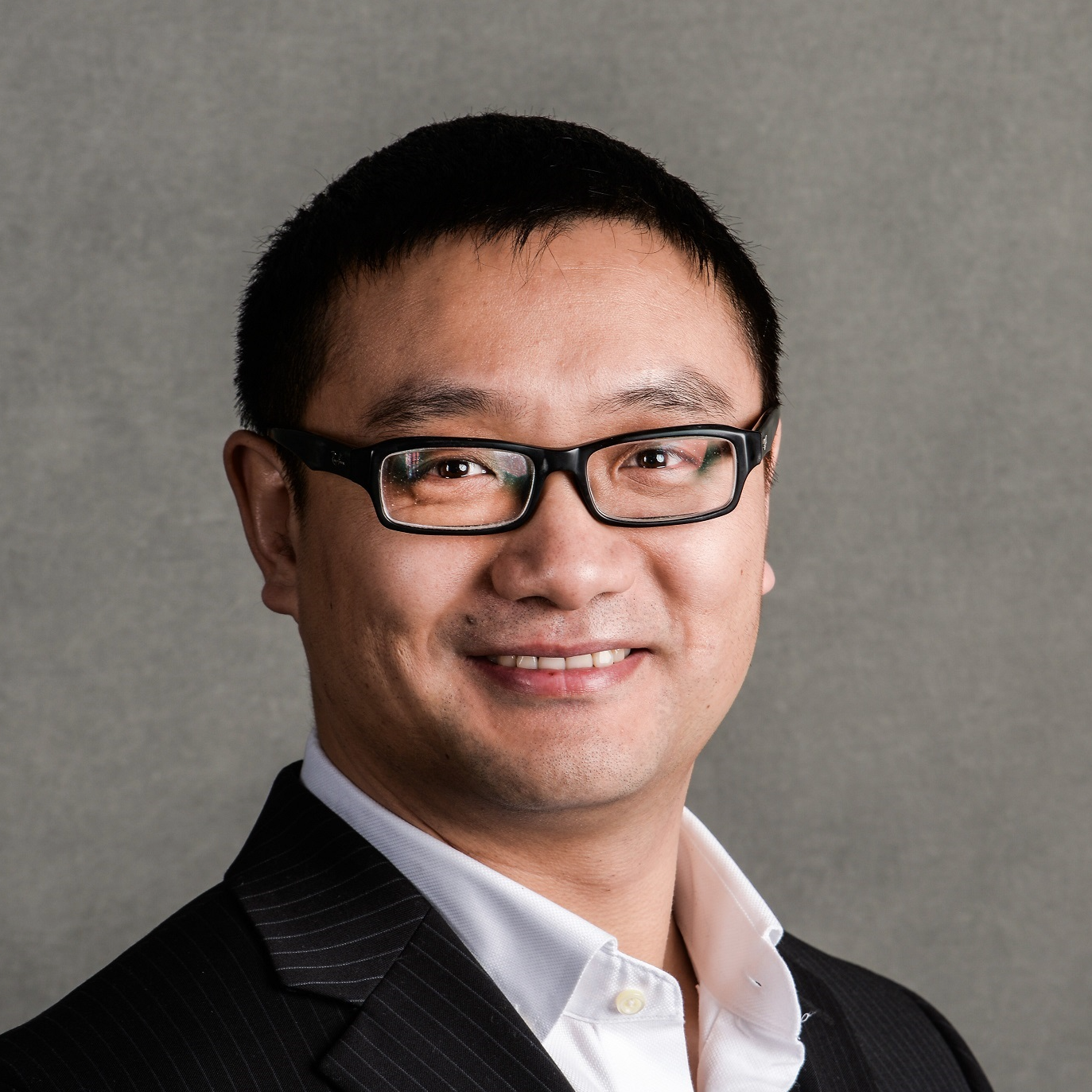
Lixing Yang, Ph.D.
Ben May Department for Cancer Research, The University of Chicago
Assistant Professor
Dr. Yang received his Ph.D. in genetics from the University of Georgia in 2009. His postdoctoral training was in biomedical informatics at Harvard Medical School. In 2017, he started his own lab in the University of Chicago. His lab currently focuses on studying the causes and consequences of genome instability in cancer.
Lixing Yang's Lab profile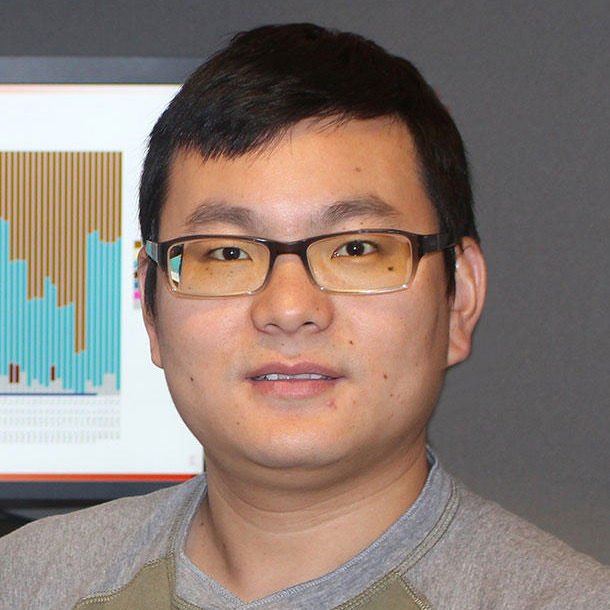
Tongwu Zhang, Ph.D.
NCI - ITEB
Staff Scientist
Dr. Tongwu Zhang received his Ph.D. in bioinformatics from Zhejiang University, China, in June 2012. Dr. Zhang’s research focuses on analyzing, integrating, and interpreting multi-omics data for both cancer genomic and genetic studies. He leads the genomic analyses and develops new bioinformatics tools and pipelines for Sherlock-Lung, a study that aims to elucidate the etiology of lung cancer in never smokers (LCINS).
Tongwu Zhang's NCI profile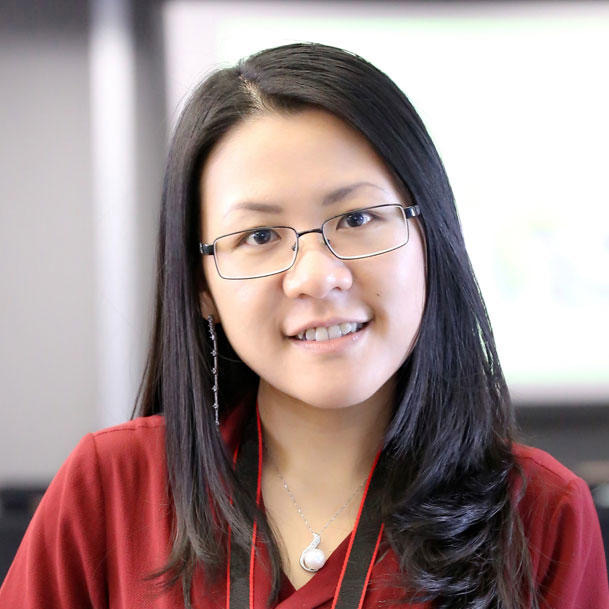
Wei Zhao, Ph.D.
NCI - ITEB
Research Fellow
Dr. Wei Zhao earned her Ph.D. in bioinformatics from the University of North Carolina at Chapel Hill in 2014 researching genomic and clinical heterogeneity of breast cancer using deep- sequencing and microarray. She joined ITEB in 2018 working with Dr. Landi on Sherlock-Lung. Her current research focuses on transcriptomics and tumor microenvironment.
Wei Zhao's NCI profile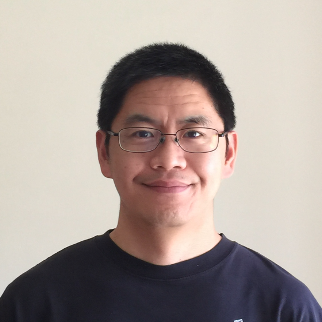
Wei Zhu, Ph.D.
NCI - CGR
Bioinformatics Scientist
Dr. Wei Zhu is a bioinformatics Scientist for the Cancer Genomics Research Laboratory (CGR), operated by Leidos Biomedical Research, Inc. for the Division of Cancer Epidemiology and Genetics (DCEG), National Cancer Institute (NCI). He obtained his Ph.D. in Computational Biology and Bioinformatics from Iowa State University. He has many years of experience in bioinformatics tool development and data analysis. His recent work focuses on Germline SNP/Indel calling analysis, and development/deployment of Snakemake workflows.
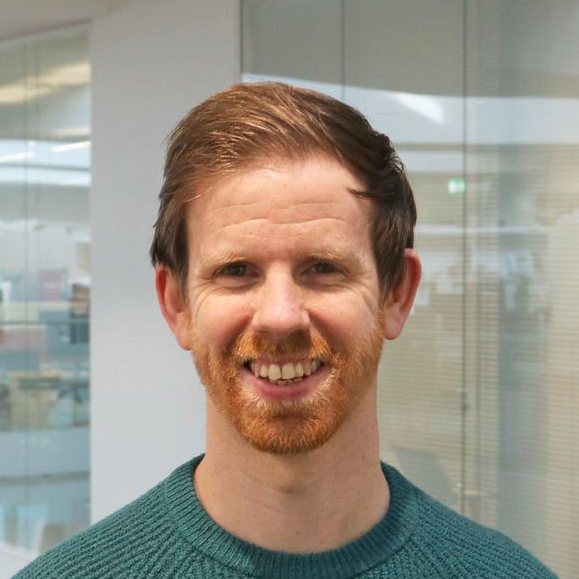
Christopher Wirth, Ph.D.
University of Manchester - Division of Cancer Sciences
Postdoctoral Research Associate
Dr. Chris Wirth received his Ph.D. in Brain-Computer Interfaces from the University of Sheffield, UK, in 2021. Prior to this, he worked as a bioinformatician and software developer at the Cancer Research UK Manchester Institute. He now works in a group led by Prof. David Wedge, applying his bioinformatics experience and AI expertise to the investigation of tumour evolution. His primary focus has been mapping the evolution of WGS data in the Sherlock-Lung project.